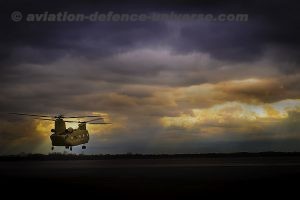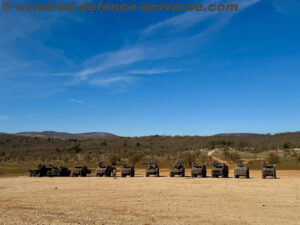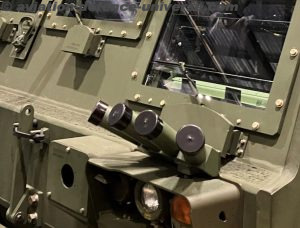• Indra expects to sign new contracts in the first phase of the WCV 8×8 program, of the three phases of the project’s development
Madrid. 26 August 2020. Indra will equip the 348 8×8 Dragón Wheeled Combat Vehicles (WCVs) procured by Spain’s Ministry of Defence with an advanced state-of-the art Mission System and electronic architecture that will give the vehicle the highest degree of safety and superiority, for more than 150 million euros in an initial stage.
Indra expects to sign new contracts in the first phase of the WCV 8×8 program, of the three phases of the project’s development.
Indra participates in a solution to provide the WCV 8×8 Dragon turrets. If this solution is approved, Indra will enhance its participation, providing the turret with the optronic technology and the fire control system with its ballistic calculation software, ensuring the national sovereignty around the turret.
The company will develop this project within the company TESS Defence, of which it is a partner, together with Santa Barbara, Sapa Placencia and Escribano Mechanical & Engineering. The Ministry of Defence has commissioned this firm to manufacture the vehicles to be delivered within seven years.
The Mission System is the key component to make the WCV 8×8 Dragon’s the most digital vehicle of the market and to ensure its superiority, and is on a par with the mechanics, armor and armament, which traditionally have been regarded as more important. Furthermore, it is the key element from the national sovereignty point of view. The control of the system by a Spanish company, as Indra, will allow addressing all kinds of modernizations and evolutions in the future, without being dependent on third parties.
Indra’s Mission System enables its operation to be carried out in an increasingly collaborative scenario, in which tactical information is shared by geographically dispersed forces to carry out the mission. Indra will facilitate key aspects to achieve this, so that the information generated by sensors will expedite the decision-making process, improve synchronization, situational awareness and action, while at the same time the forces will survive in the various operations, in what will be a full operational cycle, from planning (ORBAT) to debriefing, including the execution and control of the mission.
To do so, this Mission System possesses a high-capability electronic infrastructure and a powerful information processing, analysis and storage capacity, both of the on-board equipment and of the relevant information for the mission. Its open and modular architecture will facilitate the incorporation of new systems such as the full provision of the LSAS, where its pre-installation will be carried out in this phase, as well as the upgrades of the initial equipment in a straightforward manner throughout the vehicle’s life cycle, which guarantees its technological advantage.
One of its main components is the BMS (Battlefield Management System), which, based on the vehicle’s position and direction and on the real-time situation information, will assess which is the best option to ensure the success and completion of the mission, thus accelerating the decision loop.
As well as implementing the Mission System and participating in turret production, Indra will be responsible for the maintenance and support of the vehicle’s life cycle and will assist in its international sales and marketing.
The 8×8 WCV program is one of the cornerstones of the Force 35 initiative with which the Spanish Army is gearing up to ensure its future effectiveness.
The program will drive forward the competitiveness of Spanish industry and will contribute around 8,750 direct indirect and induced jobs, especially in the regions of Asturias and Guipúzcoa and the cities of Seville and Madrid.
Furthermore, it will ensure the maintenance of national sovereignty over an essential product for defence and will generate industrial property for Spanish industry.



































































































































